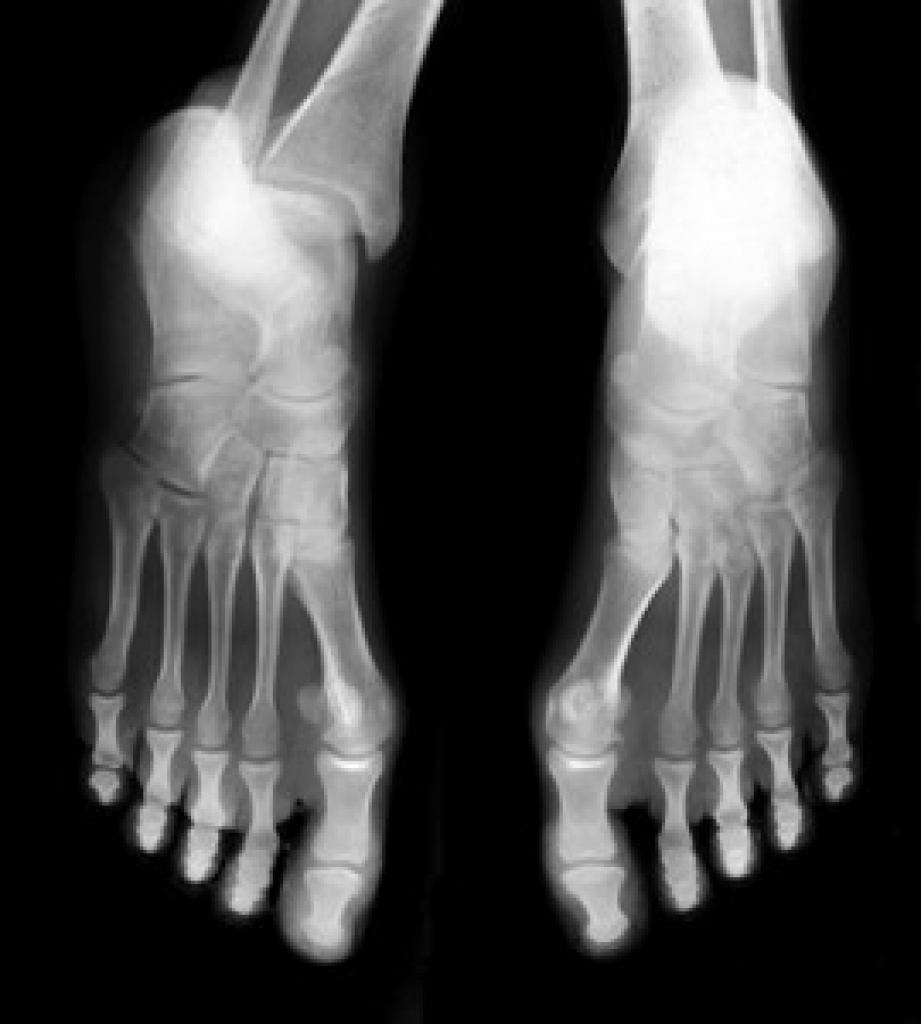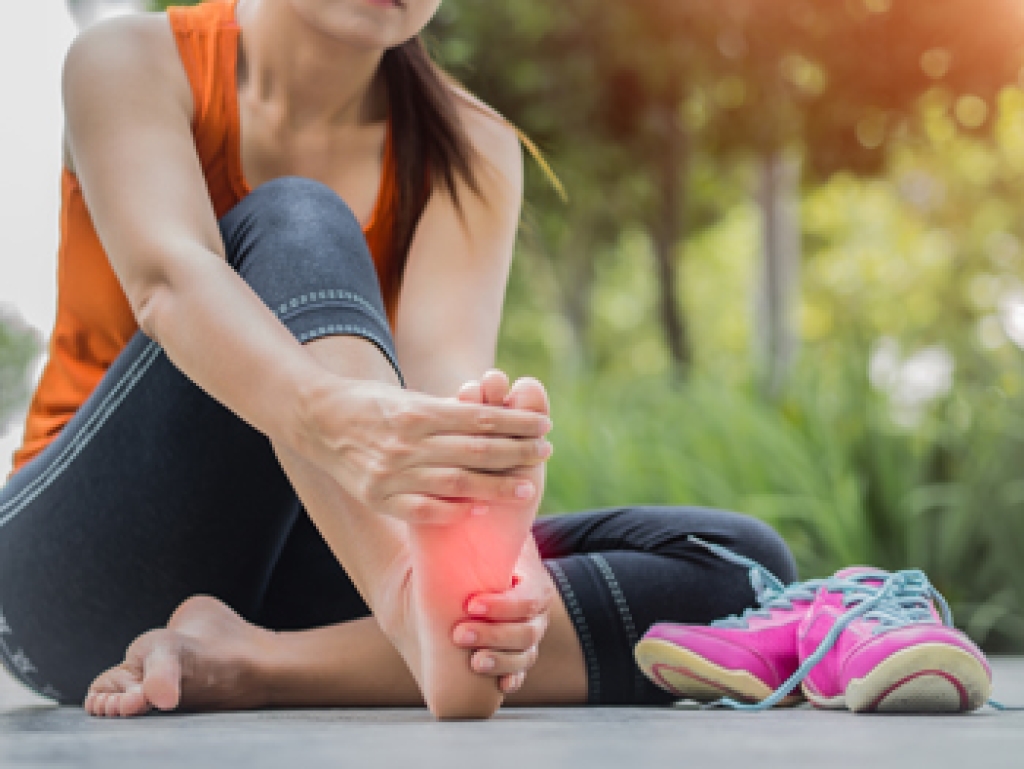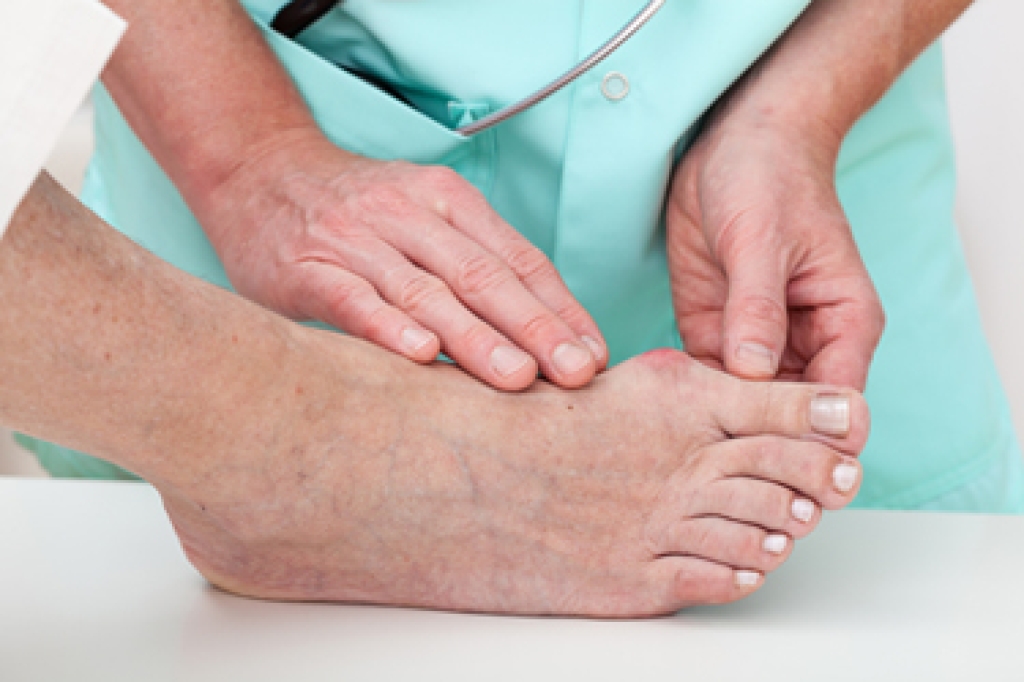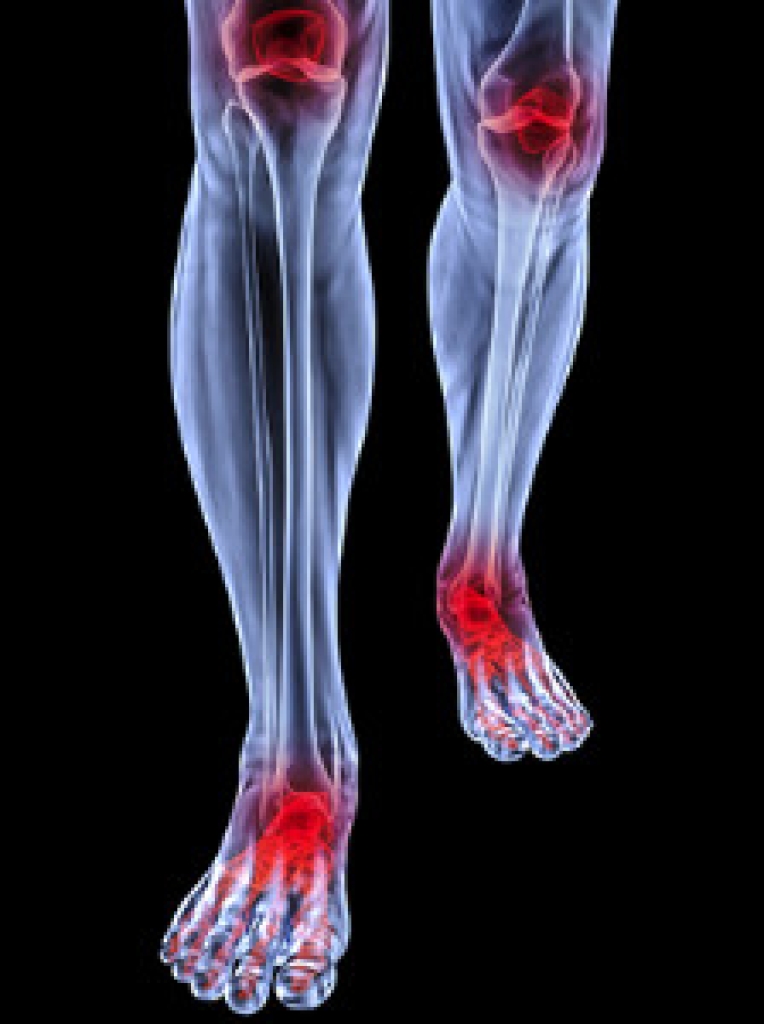 Stress fractures are characterized as tiny cracks in the bone. They are typically painful and often develop overtime. They are typically caused by overuse, or a repetitive application of force. Athletes are generally affected by this condition because they frequently participate in weight bearing activities like running or jumping. Those who suddenly increase the difficulty level of a weight bearing activity increase their risk of getting a stress fracture, especially if the body is not properly trained or warmed up. Stress fractures can be a debilitating condition if left untreated and require professional care. For more information on stress fractures, we recommend you consult with a podiatrist for a proper diagnosis and an advised treatment plan.
Stress fractures are characterized as tiny cracks in the bone. They are typically painful and often develop overtime. They are typically caused by overuse, or a repetitive application of force. Athletes are generally affected by this condition because they frequently participate in weight bearing activities like running or jumping. Those who suddenly increase the difficulty level of a weight bearing activity increase their risk of getting a stress fracture, especially if the body is not properly trained or warmed up. Stress fractures can be a debilitating condition if left untreated and require professional care. For more information on stress fractures, we recommend you consult with a podiatrist for a proper diagnosis and an advised treatment plan.
Activities where too much pressure is put on the feet can cause stress fractures. To learn more, contact one of our podiatrists from PA Foot & Ankle Associates. Our doctors can provide the care you need to keep your pain free and on your feet.
Dealing with Stress Fractures of the Foot and Ankle
Stress fractures occur in the foot and ankle when muscles in these areas weaken from too much or too little use. The feet and ankles then lose support when walking or running from the impact of the ground. Since there is no protection, the bones receive the full impact of each step. Stress on the feet can cause cracks to form in the bones, thus creating stress fractures.
What Are Stress Fractures?
Stress fractures occur frequently in individuals whose daily activities cause great impact on the feet and ankles. Stress factors are most common among:
- Runners
- People affected with Osteoporosis
- Tennis or basketball players
- Gymnasts
- High impact workouts
Symptoms
Pain from the fractures occur in the area of the fractures and can be constant or intermittent. It will often cause sharp or dull pain with swelling and tenderness. Engaging in any kind of activity which involves high impact will aggravate pain.
If you have any questions please contact one of our offices located in Allentown, Easton, Northampton, and Chew Street in Allentown, PA . We offer the newest diagnostic and treatment technologies for all your foot and ankle needs.




